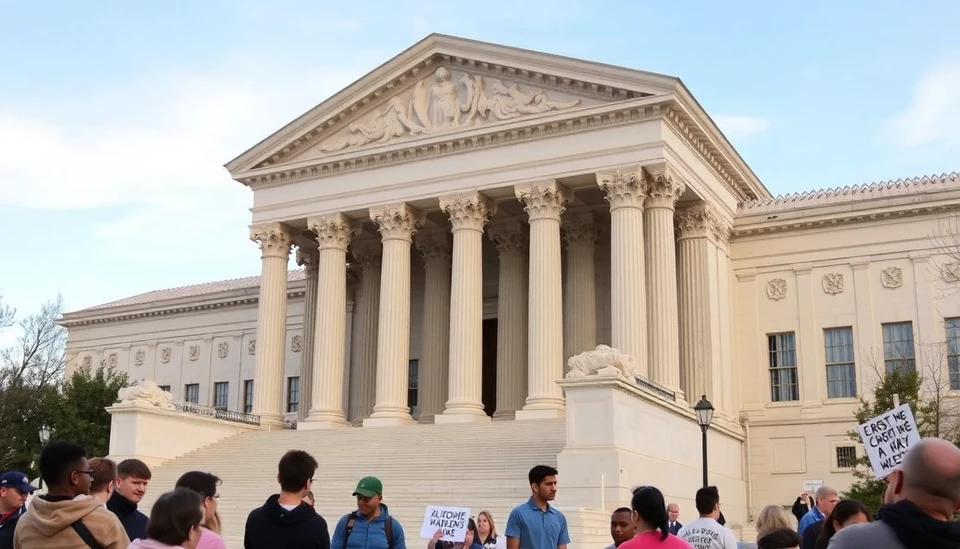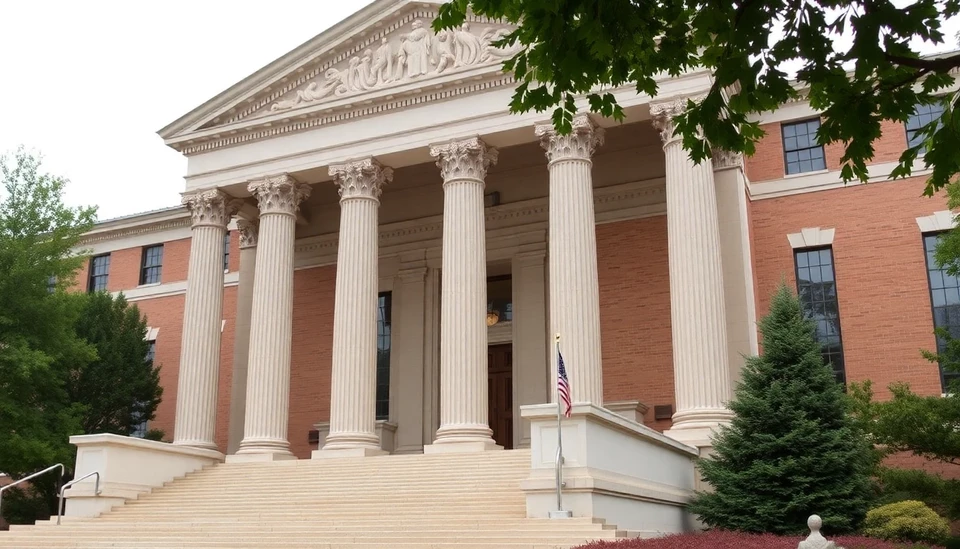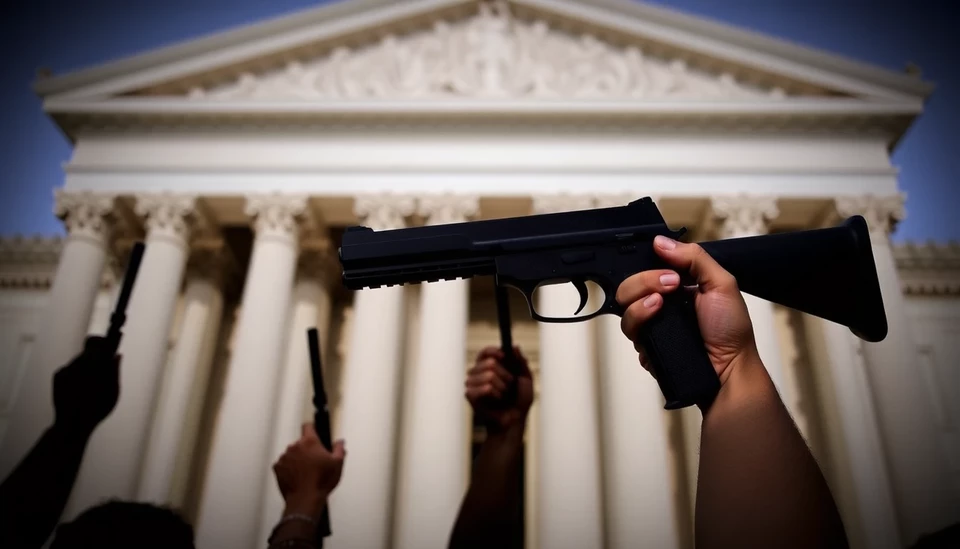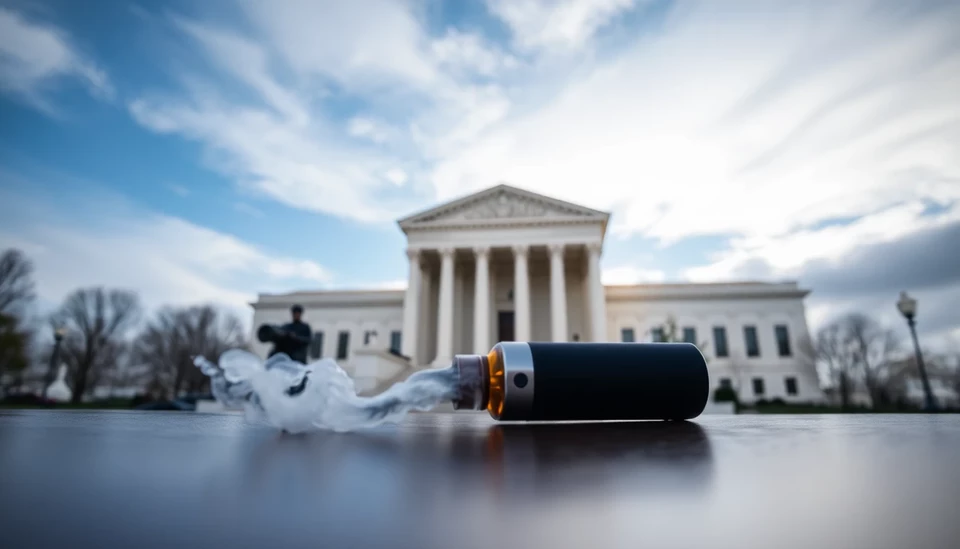
In a significant ruling, the Supreme Court has declined to revive a groundbreaking lawsuit initiated by a group of young plaintiffs aiming to hold the U.S. government accountable for its inaction on climate change. This decision, rendered on March 24, 2025, leaves in place previous court rulings that dismissed the case, effectively stalling potential legal avenues for youth activism against climate inaction in the country.
The case, famously known as Juliana v. United States, involved 21 young individuals who assert that the federal government has violated their constitutional rights by failing to combat climate change. The plaintiffs argued that such government inaction endangers their future and the planet's health. Their legal battle sought to compel the government to implement policies that would address the increasingly dire impacts of climate change.
The plaintiffs’ legal team expressed disappointment following the Supreme Court's decision, which signifies a troubling message for climate justice advocates. Legal experts have highlighted the ruling's implications, suggesting it could set a precedent that challenges similar lawsuits in the future. The case had garnered significant attention and support, including from various climate activists and organizations, amplifying the voices of young people concerned about the environmental fate of their generation.
While the Supreme Court's decision marks a setback for the youth plaintiffs, it also underscores the ongoing struggles within the American judicial system regarding environmental issues. Observers pointed out that the ruling exemplifies the complexities and challenges faced by climate activists seeking legal remedies in a system that may not prioritize ecological concerns over established economic or governmental frameworks.
This ruling does not deter youth activists; rather, it galvanizes their efforts to advocate for climate action through alternative channels, including community organizing and public awareness campaigns. The urgency to address climate change remains high as scientific consensus emphasizes the need for robust action to mitigate environmental disaster.
In summary, the Supreme Court's refusal to revive the climate change lawsuit initiated by youth activists highlights the hurdles faced by those seeking legal accountability for environmental degradation. It sends ripples across the landscape of climate litigation, potentially dissuading future similar lawsuits while igniting deeper conversations on alternative methods to engage in climate advocacy.
As environmental challenges continue to mount, the fight for climate justice by young activists is far from over. They are likely to explore other avenues to influence policy changes and emphasize the necessity of governmental accountability in addressing climate change.
For those invested in climate action and its intersection with law and youth advocacy, this ruling encapsulates a pivotal moment in the evolving narrative of climate litigation in the United States.
#SupremeCourt #ClimateChange #YouthActivism #EnvironmentalJustice #JulianaVUnitedStates #ClimateLitigation #LegalDecisions
Author: Sophie Bennett




